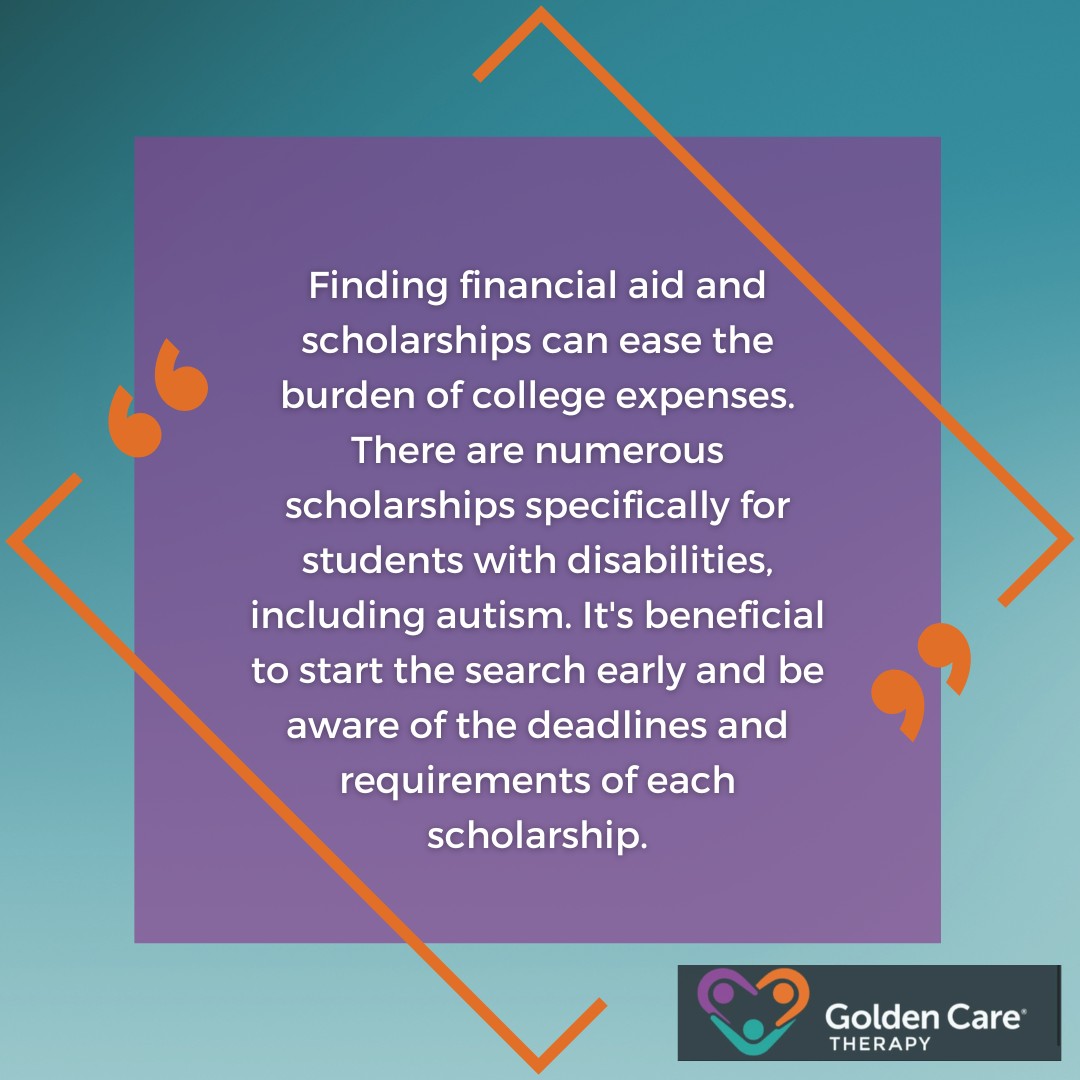Autistic teens tend to face several unique challenges as they prepare for college. These challenges often relate to communication difficulties, social interactions, and sensory sensitivities. Recognizing these unique considerations is crucial for providing the appropriate support and resources.
Understanding these factors is the first step in creating a supportive environment that addresses the specific needs of teens with autism.
Effective college preparation is vital for the success of teens with autism, including those with high-functioning autism. Proper planning and preparation can help mitigate the challenges they face and increase their chances of thriving in a new academic setting. By focusing on these preparation areas, families can help their teens build a strong foundation for their college experience.
That said, let’s take a look at some of the most effective tips to help autistic teens prepare for college.
Building the Foundations
Preparing teens with autism for college involves laying a strong foundation to ensure their success. Here, we’ll look at the importance of early planning, developing self-advocacy skills, and identifying individual needs and strengths.
Importance of Early Planning
Getting an early start in preparing for college is crucial for teens with autism. The earlier they begin to plan, the more time they have to address the unique challenges they may face. Parents and caregivers can aid in this process by helping their teens research potential colleges, understand admission requirements, and identify necessary accommodations.
Starting early allows teens to progressively build the skills they will need and reduces the stress associated with last-minute preparations.

Developing Self-Advocacy Skills
Self-advocacy is an essential skill for all college students, but especially for those with autism. Being able to communicate their needs effectively can make a significant difference in their college experience.
Developing these skills involves teaching teens how to recognize and articulate their needs and preferences in various situations, such as during class or when speaking with professors.
Parents and caregivers can support self-advocacy development by:
- Role-playing potential scenarios
- Providing opportunities for teens to practice speaking up in safe environments
- Encouraging them to participate in Individualized Education Program (IEP) meetings
Identifying Individual Needs and Strengths
Every teen with autism is unique, with their own set of needs and strengths. Identifying these early on helps in tailoring the college preparation process to each individual. This involves a thorough assessment of their academic, social, and emotional needs as well as their strengths.
Understanding these aspects allows parents and caregivers to better support their teens in choosing colleges that align with their needs and developing strategies for success.
Engaging in open conversations with their teens and involving them in the decision-making process can lead to a more empowered and prepared college experience.
Navigating the College Application Process
Navigating the college application process can be more manageable for teens with autism by understanding the accommodations and support services available. Colleges offer a range of services to assist students with disabilities, such as extended time for exams, note-taking support, and modified course loads.
Parents and caregivers must research these services in advance. Knowing what each college offers can help ensure that the teen receives the necessary support to thrive academically and socially.

Financial aid officers at colleges can provide additional information on available options, such as grants and work-study programs. Understanding how to navigate these financial resources can make a significant difference in affording a college education.
Also, choosing the appropriate college environment is key for teens with autism. Factors like campus size, location, and available support services should be considered. Smaller campuses might offer a more manageable setting, while larger universities could provide more diverse resources.
Visiting potential colleges can give a better sense of the environment. During these visits, parents and teens can meet with disability support services to discuss individual needs and ensure the college can provide adequate support.
Developing Essential Life Skills
For teens with autism, developing essential life skills is crucial for thriving in a college environment. Let’s look at three key areas in this aspect which are as follows:

Time Management and Organization
Effective time management and organizational skills are pivotal for academic success. Teens with autism may benefit from specific strategies and tools to help them stay on track.
Here are some time management tips that have been proven effective:
- Use digital or physical planners to schedule study times and deadlines.
- Break larger tasks into smaller, manageable steps.
- Set reminders for important dates and tasks.
- Prioritize tasks based on urgency and importance.
Social Skills and Communication
Navigating social interactions can be challenging for teens with autism. Developing social skills and effective communication techniques is important for forming relationships and asking for help when needed.
Managing Sensory Challenges
Many individuals with autism experience sensory sensitivities. Learning to manage these challenges can lead to a more comfortable and focused college experience.
Some key strategies for managing sensory challenges include:
- Identifying triggers that cause sensory overload.
- Using noise-canceling headphones or earplugs to reduce sound sensitivity.
- Designating a quiet space for relaxation and decompression.
- Wearing comfortable clothing to minimize tactile discomfort.
Developing these essential life skills before heading to college can empower teens with autism to navigate their new environment with confidence, paving the way for academic and personal success.
Establishing a Support System
Needless to say, family plays a pivotal role in the college preparation process. Emotional encouragement, practical advice, and consistent involvement can significantly impact a teen’s readiness for college.
Caregivers should focus on fostering independence and self-advocacy skills while providing a secure and understanding environment.
Moreover, a strong school and community support network can provide essential resources and assistance. Collaboration with teachers, counselors, and local support groups ensures that a teen has access to various services tailored to their specific needs. Parents and caregivers should actively seek out and engage with these resources.
Special education professionals offer expert guidance in developing individualized education plans (IEPs) and navigating the college application process. They possess specialized knowledge of accommodations and support services that can be crucial for a teen’s success.
A comprehensive support system, encompassing family, school, and special education professionals, paves the way for a smooth transition to college for teens with autism. By leveraging these resources, parents and caregivers can help their teens build confidence and readiness for the challenges ahead.
Final Thoughts
As your teen prepares for college, it’s important to remember that the journey is unique to them. Embracing their strengths and providing the right support can make all the difference in ensuring a positive and fulfilling experience.
From creating a structured routine to advocating for necessary accommodations, each step forward is a victory. With the right tools, strategies, and a strong support system, your teen can navigate college life with confidence, growth, and success.
The road to independence might come with challenges, but with patience and understanding, they can thrive in this exciting new chapter of their life. At Golden Care Therapy, we offer exceptional ABA therapy services tailored to meet each individual’s unique needs.
We are committed to supporting your loved one every step of the way. If you need high-quality autism services in New Jersey, Indiana, New York, Georgia, or Florida, reach out to us today. We’re here to help you navigate this journey with personalized care and expertise. Contact us now to learn more about how we can support your family.
Sources:

